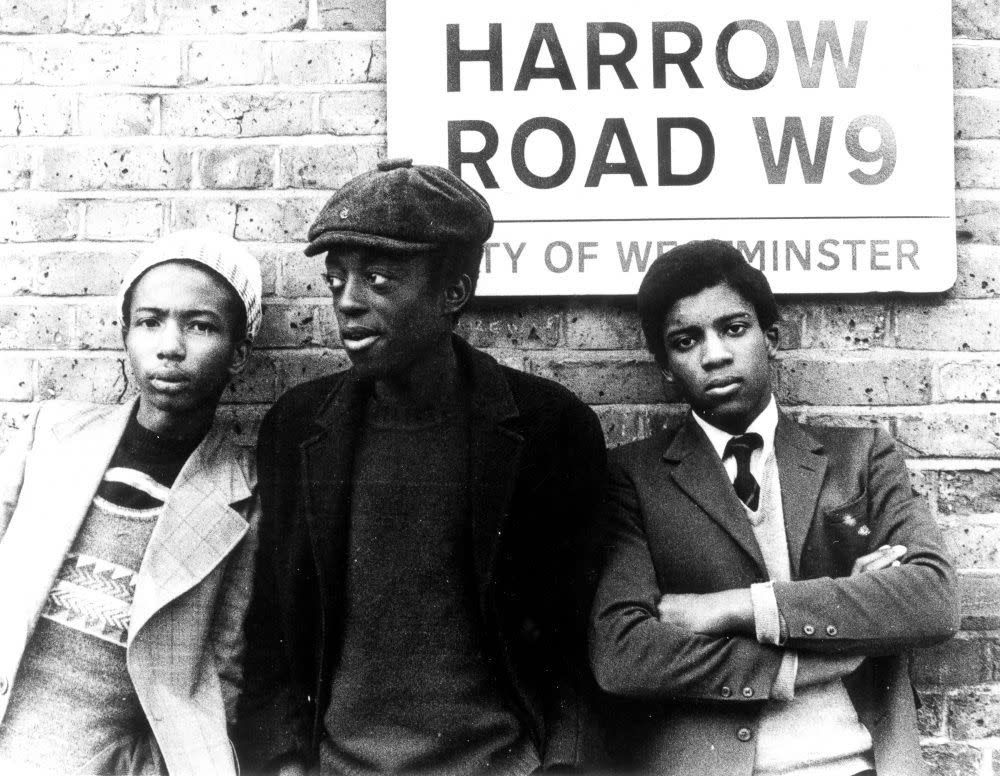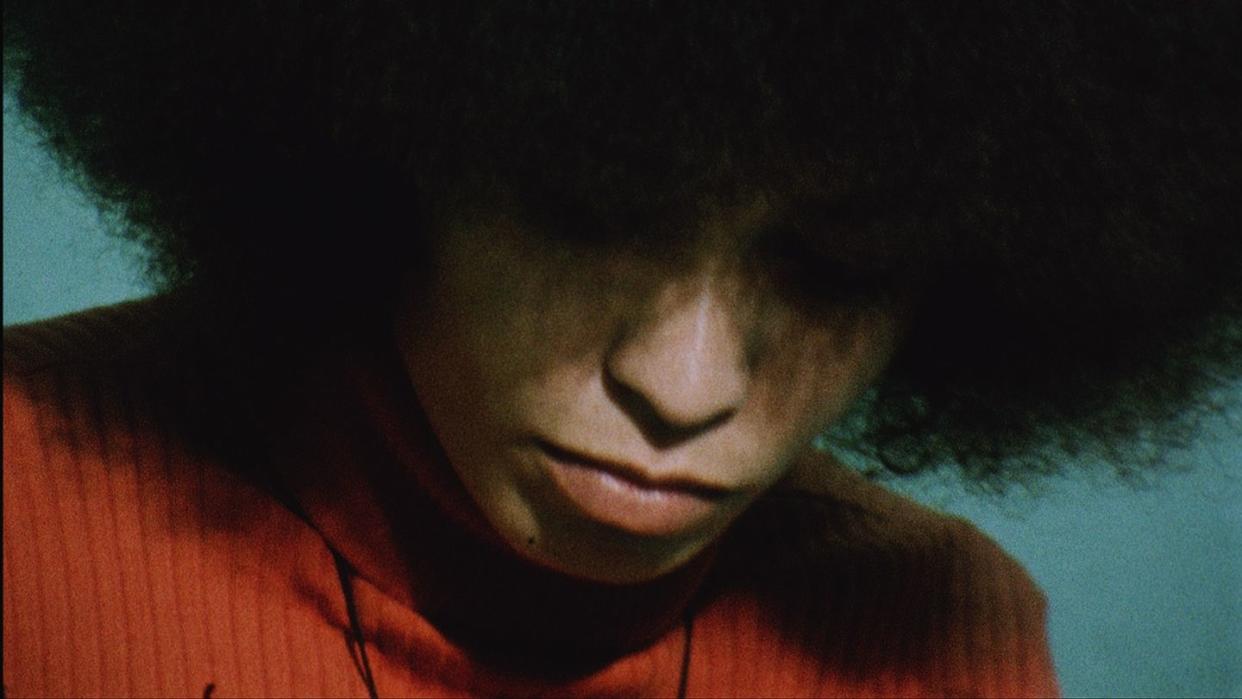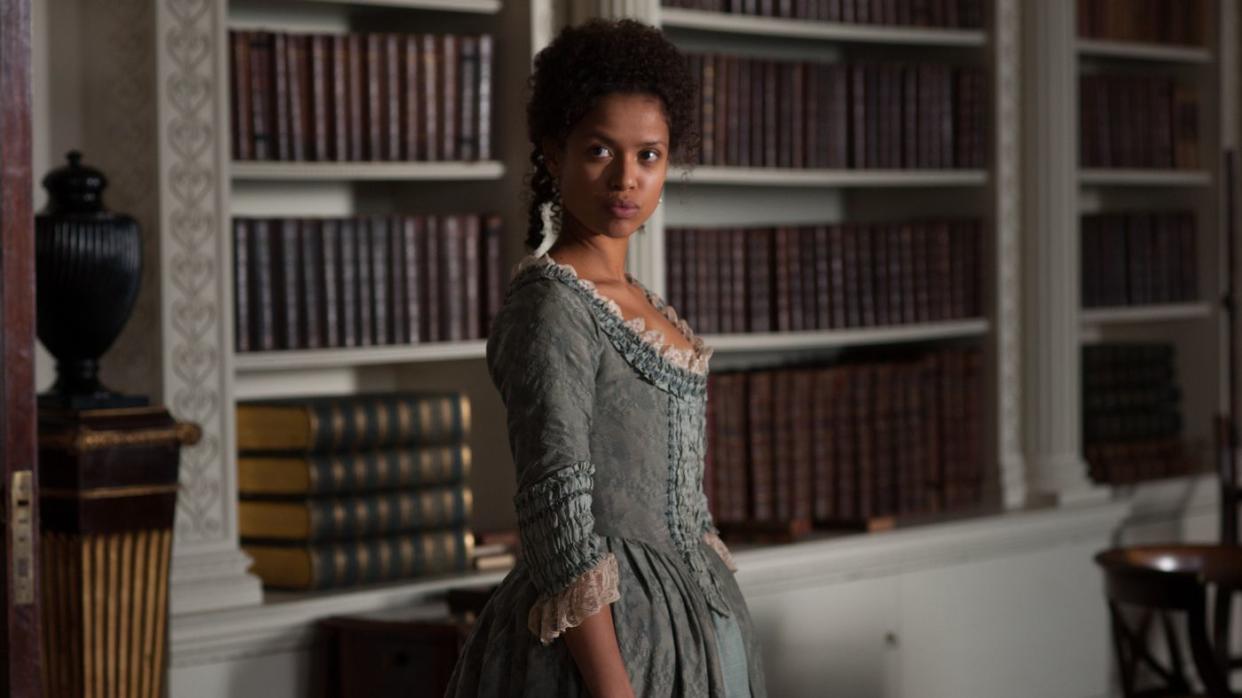Movies that did Black history justice
For years, cinema's skewed take on Black history and a general, global reluctance to make such movies have left a gap.
But every now and again something different has come along.
We've already curated a list of TV shows and documentaries that serve Black history well, now here are a few of the films that have put a fresh spin on Black history as we know it.
Harriet
Given that the first talking picture came out in 1927, we only had to wait 92 years to see Harriet Tubman's story on film. Released in 2019, Harriet tells the story of the runaway-slave-turned-freedom-fighter and abolitionist who is earmarked for a place on the new $20 bill. Although Tubman has loomed large over Black history celebrations for years, the film helped her to gain more recognition.
Harriet not only highlights Tubman's courage and intelligence, but manages to do so in a way that few films of this nature do. One of the best things about this film is that it starts at the point of her escape from slavery, so we are spared the usual focus on brutality and inhumanity. Sometimes it can't be avoided but sometimes, doing so feels like a breath of fresh air.
Watch on: Prime Video
Pressure

Classified as the first Black, British feature film, Pressure was released in 1976, and is a modern take – it counts as Black history now, but very much wasn't then – on life for young Black men in London, warts and all. In telling the story of Tony, a school leaver who can't get a job and faces racism on a daily basis, Pressure became one of the first films to throw the spotlight on the realities of race in Britain.
Echoes of the Windrush generation blow in with every bust-up Tony has with his parents, which shows us just how different their lives are. Touching on everything from police brutality and the Black British Power movement, to the lack of Black history on the school curriculum, Pressure gave discredited lives and misrepresented views a platform. Aside from the flares and references to Gary Glitter, Pressure is as relevant today as it ever was.
Watch on: BFI Player
Malcolm X and Selma
Given Martin Luther King’s impact on the world's consciousness over the past 60 years, it's difficult to believe that Ava DuVernay's 2014 Selma was the first time he got a film all to himself. Sidestepping the sweeping overview that usually carries biopics along, Selma features David Oyelowo honing in on the King who led voting marches to Montgomery in 1965.
In contrast, Spike Lee's Malcolm X follows Denzel Washington's journey from a red-headed pimp to the sharp-suited visionary we now know. The approaches of both films are as different as the main men themselves, but in their career-defining performances, both Washington and Oyelowo remind us just how important X and King were to Black American history and, in the current political climate, still are.
Watch on: Malcolm X on Prime Video and Selma on Prime Video
Hidden Figures
In a cinematic landscape where it's virtually impossible to find Black-centred films that don't hinge on death and despair, Hidden Figures is worth its weight in gold. Like many pioneering Black Americans, the names of mathematicians Katherine Johnson, Dorothy Vaughan and Mary Jackson hadn't meant much until the release of this film and one can only speculate on the reasons why.
It took over 50 years to hear about three women who helped launch an astronaut into space and boost America's fortunes in the space race, all while dealing with standard helpings of racism and misogyny. Here's hoping we won't have to wait another 50 years for something equally as empowering.
Watch on: Prime Video
The Black Power Mixtape 1967-1975

You don't have to be an avid film fan to have noticed Hollywood's preference for slave tales and civil-rights weepies over stories of revolution. Aside from Mario Van Peebles' 1995 effort Black Panther, the more radical side of Black American history has been left to documentary makers. Between 1967-1975, Sweden's national public broadcaster, SVT, sent journalists and filmmakers out to America to capture the mood.
The result was largely unseen footage which sat in the vaults for 30 years. Featuring everyone from Martin Luther King and Stokely Carmichael to Panther leaders such as Huey Newton, The Black Power Mixtape goes on a journey from civil rights to the Black Panthers and beyond. Touching on Vietnam, the rise of Black nationalism and the appearance of the war on drugs, its scope is broad, fascinating and essential viewing.
Watch on: iTunes
12 Years a Slave
Not one for the squeamish, but then, neither was slavery itself. Unlike other films before it, Steve McQueen's 12 Years a Slave peeled away the usual gloss to reveal a reality that didn't sit well with some. Based on Solomon Northup's 1853 memoir about being kidnapped and sold into slavery, film critic Armond White said that McQueen's film had confused "brutality, violence and misery" with history.
But one watch of 12 Years a Slave makes it clear that slavery, brutality, violence and misery are one and the same thing. In its focus on the lives of freeborn Blacks living happy and fulfilled lives, and the stark contrast of slavery, 12 Years a Slave put a tired topic into even more perspective.
Available: Prime Video
Belle

For those outraged at the very sight of a Black face in the white world of period drama, Amma Asante's Belle probably wasn't a welcome sight. Focused on the story of Dido Elizabeth Belle, daughter of Sir John Lindsey and Maria Belle, a West Indian slave, it brought a relatively unknown part of black British history to life.
Until Belle, her story of being raised by nobility in Kenwood House and going on to live life as a well-heeled gentlewoman was little known, in keeping with the idea that the Black Britons didn’t exist until the docking of the Windrush.
Although Belle is, on the surface, a rags-to-riches period drama, its importance as one which fills in some historical gaps can’t be underestimated.
Watch on: Prime Video
Queen Nanny: Legendary Maroon Chieftainess
For years, Hollywood dragged the slave narrative along while carrying the same old lies and clichés. Slaves were a happy bunch, the women didn't have much to say for themselves, brutality and suffering was largely confined to American soil and the idea of revolt was laughable. But as more Black writers and filmmakers have moved in on the act, those slave stories have thankfully changed.
Queen Nanny, a relatively small-budget documentary is a good example. Few outside of Jamaica have ever heard of her, despite the fact that she's a national hero on the island, after leading the fight to be free and masterminding a war which kept British troops away from her community for nearly 19 years.
Credit where it's due to Anderson who highlights Black, female resistance and tells a story of rebellion rather than subservience.
Available: Prime Video
For more information on how you can support Black Lives Matter, please visit its official website or donate here. Readers can also donate to the UK anti-discrimination group Stand Up To Racism, and the Unite Families & Friends Campaign, which supports those affected by deaths in police, prison and psychiatric custody.
You Might Also Like
